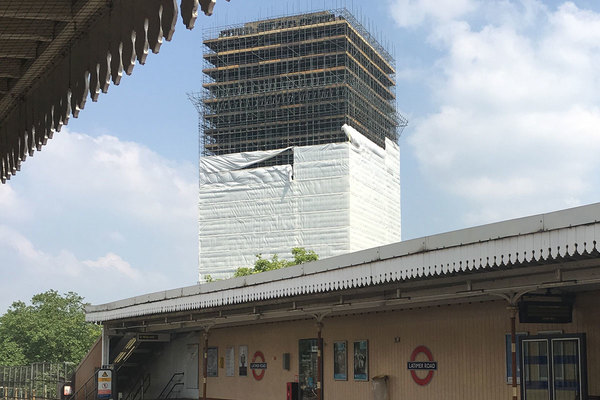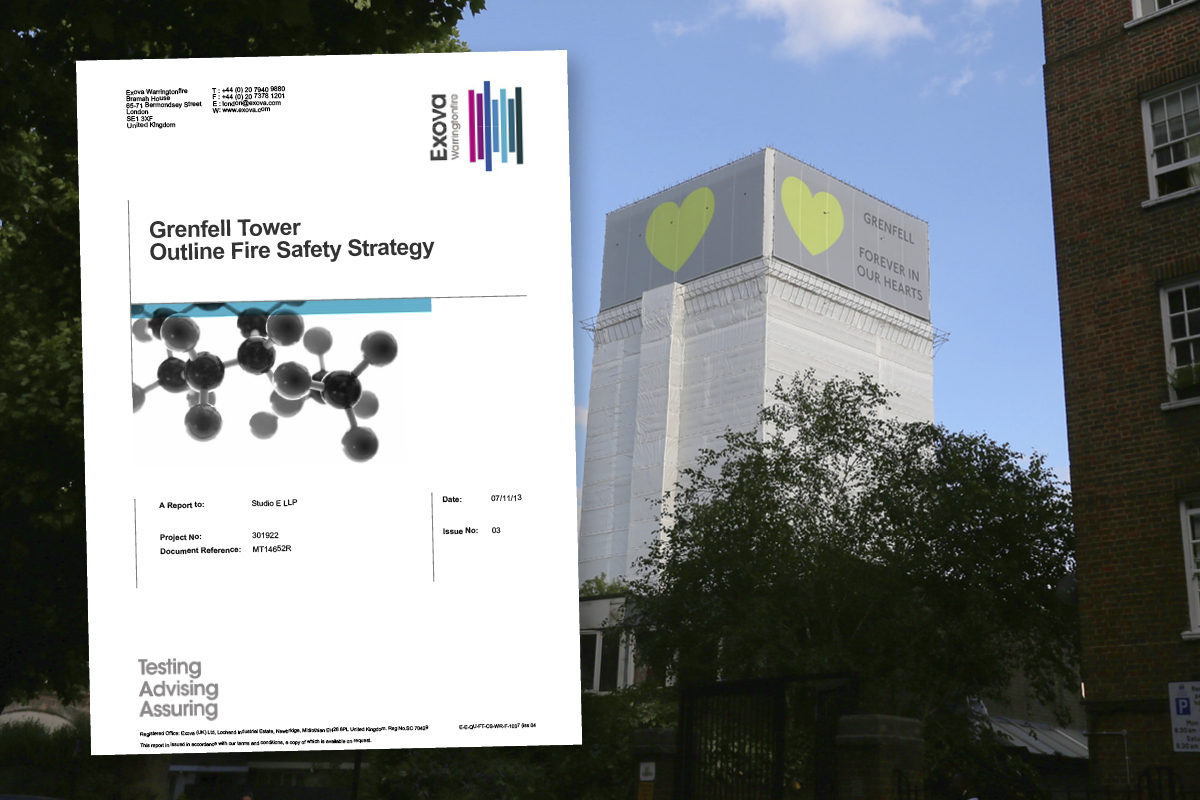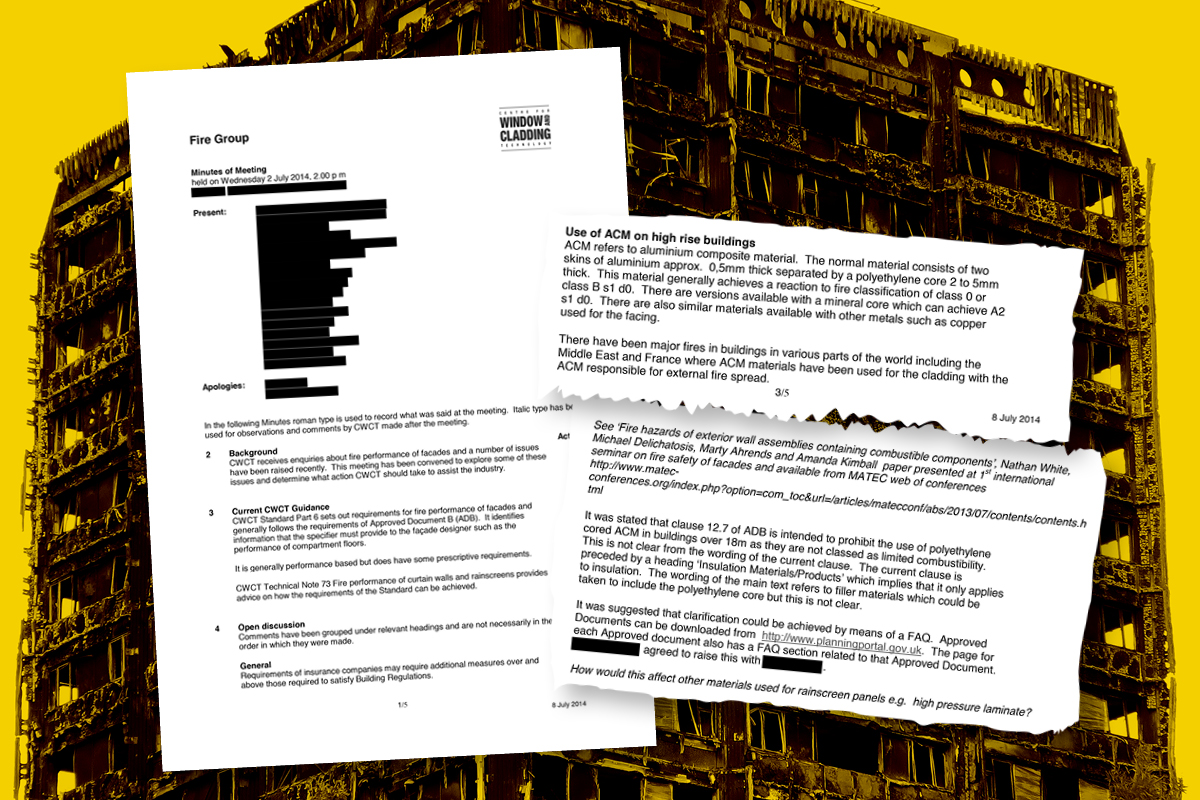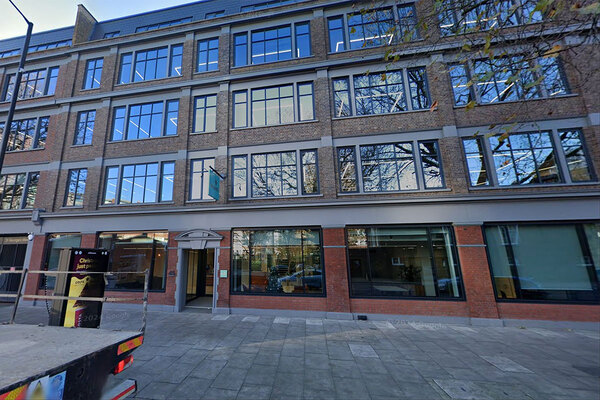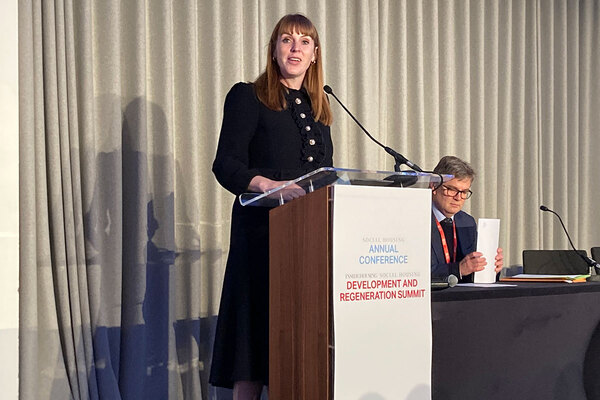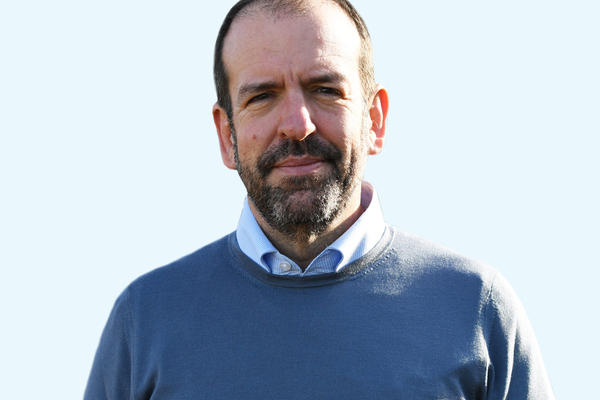You are viewing 1 of your 1 free articles
Council to spend £500,000 keeping KCTMO running
A total of £750,000 will have to be spent to keep the company that managed Grenfell Tower in existence over the next 12 months, Inside Housing can reveal.
Board papers from the Royal Borough of Kensington and Chelsea (RBKC) revealed that a total of £750,000 would be spent on Kensington and Chelsea Tenant Management Organisation (KTCMO) in 2019/20, with £250,000 being found through the company’s reserves.
The remaining £500,000 will be funded directly by RBKC, through its Housing Revenue Account (HRA) budget.
KCTMO managed 9,000 homes across the borough including Grenfell Tower at the time of the fire in June 2017.
Its management of Grenfell Tower has come under heavy criticism, with the current inquiry revealing a number of missed warnings from residents over issues inside the tower in the months and years leading up to the fire.
In December 2017 RBKC took back control of its housing stock from the company, but KCTMO must remain in existence as a legal entity throughout the Grenfell Inquiry so it can be held to account.
Kim Taylor-Smith, deputy leader of RBKC, told Inside Housing that while he understood it would be frustrating for some that council funding was still being spent on keeping KCTMO running, it was absolutely necessary for it to be kept in existence so that no organisation could leave the process until completion.
He added: “The council has agreed that it will continue to fund KCTMO at minimum costs, so that it can help the inquiry and provide the answers that the bereaved, survivors and local community rightly demand.”
The estimated £500,000 RBKC will spend marks a fall from last year, where £848,000 was spent on the organisation.
As part of the first phase of the Grenfell Inquiry, a number of KCTMO staff members were asked to give evidence, including its former chief executive Robert Black.
During his appearance at the inquiry it was heard that Mr Black had failed to pass on information including a list of residents and plans of the buildings to firefighters on the night of the fire.
A spokesperson for KCTMO said the organisation continued to exist on a much-reduced budget to help the investigative process and had support services in place to help this and communicate with members.
Inside Housing can also reveal that before Christmas, 15 board members stepped down from KCTMO, with three replacements now in place – all from the social housing sector.
The new board members are: Professor Tony Crook, deputy chair of Orbit; Ann Bennett, chair of Wolverhampton Homes; and Aman Dalvi, former chair of Paragon Asra Housing.
Inside Housing understands that the council has made the decision to stop using contractors for responsive repairs across its stock in the future and will instead bring these services in-house.
As part of this move, Repairs Direct, the KCTMO subsidiary that was in charge of repairs and maintenance for the council, will have their deal ended in April.
The repairs will now instead be managed directly by the council within its housing management department. This will involve 34 former Repairs Direct staff being transferred to the council, with the council also looking to recruit more.
Inside Housing revealed in January last year that the organisation had built up a backlog of 3,500 day-to-day repairs.
The company’s latest accounts up to 31 March 2018 reveal that this backlog had grown to 5,020, while customer satisfaction levels were below 70% and productivity levels were “very poor”, at 2.5 jobs operative per day.
The council papers also revealed that RBKC has vowed to put £50m over the next five years into recovery services for those worst affected by the Grenfell fire.
